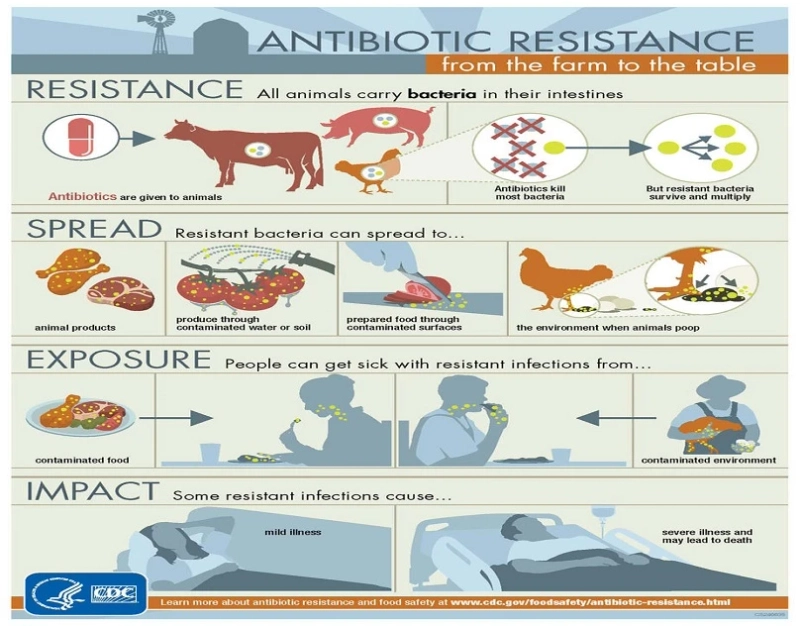As society becomes increasingly aware of the ethical implications of food production, the treatment of animals in the meat industry has come under intense scrutiny. The concept of animal welfare encompasses the physical and psychological well-being of animals, and in the context of the meat industry, it raises important questions about the conditions in which animals are raised, transported, and slaughtered. This article explores the complexities surrounding animal welfare in the meat industry, examining current practices, challenges, and potential avenues for improvement.
Current Practices and Concerns
The majority of meat production involves intensive farming methods designed to maximize efficiency and output. Animals, such as chickens, pigs, and cows, are often raised in confined spaces, subjected to crowded and unsanitary conditions. These practices can lead to stress, injuries, and the spread of diseases among the animals. Additionally, some farming methods involve the use of growth-promoting hormones and antibiotics, raising concerns about the long-term impact on both Animal welfare in meat industry and human health.
Transportation is another critical aspect of the meat industry that poses challenges to animal welfare. Long journeys in cramped conditions can be stressful for animals, and improper handling during transportation can result in injuries. Moreover, the process of slaughter, whether through conventional or more humane methods, is a point of contention among animal welfare advocates.
Challenges in Implementing Change
Several challenges hinder the implementation of comprehensive animal welfare practices in the meat industry. Economic pressures, consumer demand for low-cost meat, and the global scale of the industry all contribute to resistance against significant reforms. Additionally, there is often a lack of awareness among consumers about the conditions in which animals are raised and slaughtered, making it difficult for them to make informed choices based on animal welfare concerns.
Innovations and Progressive Practices
Despite these challenges, there are promising initiatives and innovations within the meat industry that aim to improve animal welfare. Sustainable and ethical farming practices, such as pasture-raised systems and organic farming, prioritize the well-being of animals. Some companies are exploring alternative protein sources, like plant-based and lab-grown meats, as more humane and sustainable alternatives to traditional animal farming.
Certification programs, such as Animal welfare in meat industry Approved and Certified Humane, help consumers identify meat products that meet higher welfare standards. These programs set criteria for the treatment of animals throughout their lives, addressing issues such as living conditions, access to the outdoors, and the use of antibiotics.
Consumer Awareness and Advocacy
One of the most powerful drivers of change in the meat industry is consumer awareness and advocacy. As people become more informed about the ethical implications of their food choices, there is a growing demand for products that align with higher animal welfare standards. Consumers can play a crucial role in influencing industry practices by choosing to support companies that prioritize animal welfare and by advocating for transparent labeling and ethical production practices.
Conclusion
Balancing the demand for meat with ethical considerations is a complex challenge, but it is one that the meat industry must address. Animal welfare in the meat industry is a multifaceted issue involving farming practices, transportation, and slaughter methods. While challenges persist, there are promising signs of change, with innovative approaches, certification programs, and growing consumer awareness driving improvements. As society continues to evolve, so too must our approach to the treatment of animals in the quest for a more ethical and sustainable meat industry.



